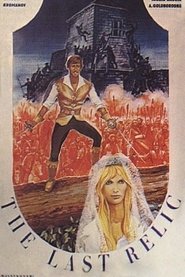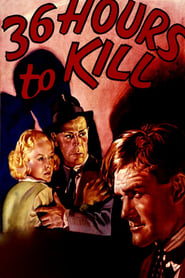
Video Sources 29 Views Report Error

Synopsis
In one of the darkest chapters of modern history, as the world stood on the brink of total collapse under the threat of the Nazi regime, a man of faith rose with extraordinary courage. His name was Dietrich Bonhoeffer, a German Lutheran theologian whose deep religious conviction led him down an unexpected path: the conspiracy to assassinate Adolf Hitler.
Bonhoeffer was not a warrior in the traditional sense, but rather a thinker, a pastor, and a man guided by Christian ethics. Yet in the face of the barbarity unleashed by the Third Reich—especially the systematic genocide of millions of Jews—he understood that remaining silent meant becoming complicit. His faith, far from keeping him away from action, pushed him toward it.
Convinced that stopping Hitler was a moral imperative, Bonhoeffer joined a resistance group that planned the dictator’s assassination. This decision placed him in deep conflict between his Christian principles of nonviolence and the urgent need to halt a death machine that knew no bounds. It was not a simple choice: it was a profound moral dilemma between obedience to God and ethical responsibility to humanity.
Original title Bonhoeffer: Pastor. Spy. Assassin
IMDb Rating 6.2
TMDb Rating 6.9 42 votes
Director
Director
Cast
Dietrich Bonhoeffer
Young Dietrich Bonhoeffer
Martin Niemoller
Frank Fisher
Karl Bonhoeffer
Paula Bonhoeffer
Reverend Powell Sr.
Hans Dohnanyi
Sabine Bonhoeffer
Publican
Young Sabine Bonhoeffer





















